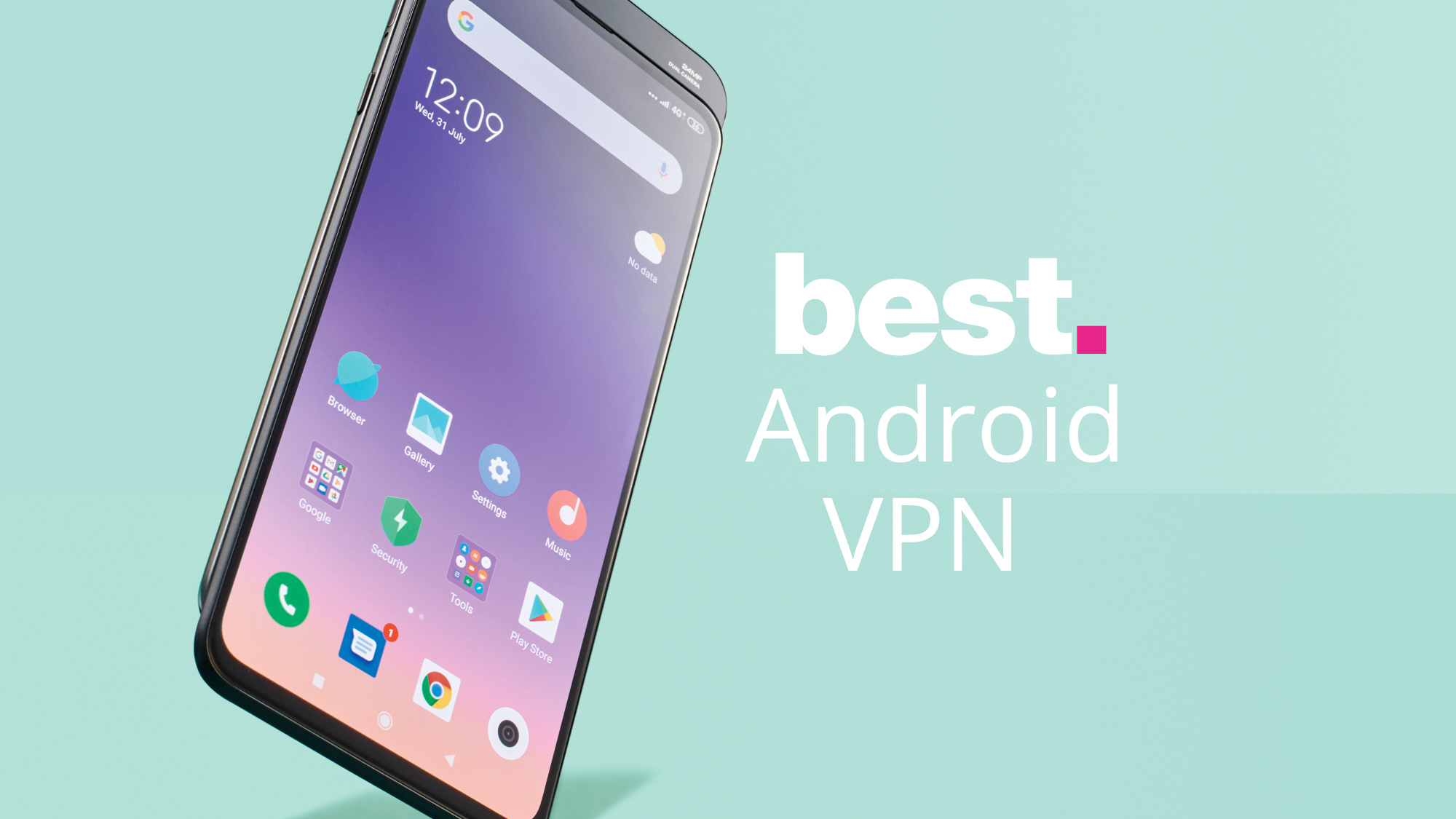
When you connect to a VPN server, your real IP address is replaced by an anonymous IP address from the VPN server. It allows websites and applications to know your location, and third-parties, like governments and advertisers, to track and target you. Your IP address is your unique identifier on the web. If you use an insecure public WiFi networks without a VPN, your most sensitive information is left vulnerable.

These WiFi networks are often unsecured and easy targets for hackers to carry out MITM attacks. Here’s a quick summary of the main benefits of using a VPN on your Mac: 1Encrypt and anonymize your web trafficĪ secure VPN encrypts and anonymizes your internet traffic, making it impossible for anyone to see the data being passed through the VPN tunnel.Ī VPN is particularly useful connecting to an untrustworthy public WiFi network. This makes a VPN essential for your MacBook or iMac. Macs don’t come with any form of built-in security features that prevent your ISP or hackers from snooping on your online traffic. While MacBooks and iMacs have historically been much less prone to security vulnerabilities than Windows devices, this system-level protection does not necessarily apply to online activity. Use the comparison table below to compare 10 of the most popular Mac VPNs in terms of speed, price, and compatibility with MacOS. We’ve verified they work with many streaming platforms, including US Netflix, Amazon Prime Video, and HBO Max. The top VPNs for Mac we recommend also bypass strict geo-blocks. This encrypts and anonymizes your web traffic.
BEST VPN APPS FOR MAC FREE SOFTWARE
VPN software hides your IP address and routes your traffic via secure servers. Using a VPN on your Mac prevents your ISP and snoopers from tracking your online activity. The five VPN clients above are all compatible with MacOS Big Sur, Catalina, Mojave, High Sierra, and Sierra.

BEST VPN APPS FOR MAC FREE FREE



 0 kommentar(er)
0 kommentar(er)
